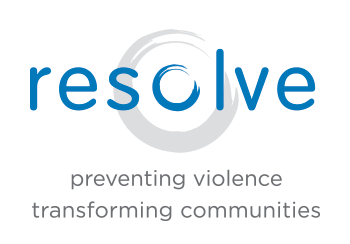The following are “Guidelines for Choosing a Self-Defense Course” from the National Coalition Against Sexual Assault Self-Defense AD-HOC Committee.
• Look for more than physical skills. True self-defense is a set of awareness, assertiveness and verbal confrontation skills along with safety strategies and physical techniques.
• Empowerment and peace of mind are the goals of a good program; a program’s results should not be paranoia or fear.
• Good self-defense programs do not “tell” an individual what they “should” do. A program should offer options and techniques for likely situations.
• It acknowledges you are the best person to decide how to keep yourself safe: does not have list of “safety tips” that you must follow in order to stay safe.
• Look for a program that is a limited time (between a few hours and a semester long) and that does not require an indefinite commitment or “refresher” courses.
• A good self-defense program will acknowledge that abuse and assault are never the victim’s fault. People do not ask for, cause, invite, or deserve to be assaulted. It is not their fault if they are verbally or physically unable to prevent an attack. People may exercise poor judgment about safety behavior, but that does not make them responsible for the attack. Attackers are responsible for their attacks and their use of violence to overpower, control, and abuse another human being.
